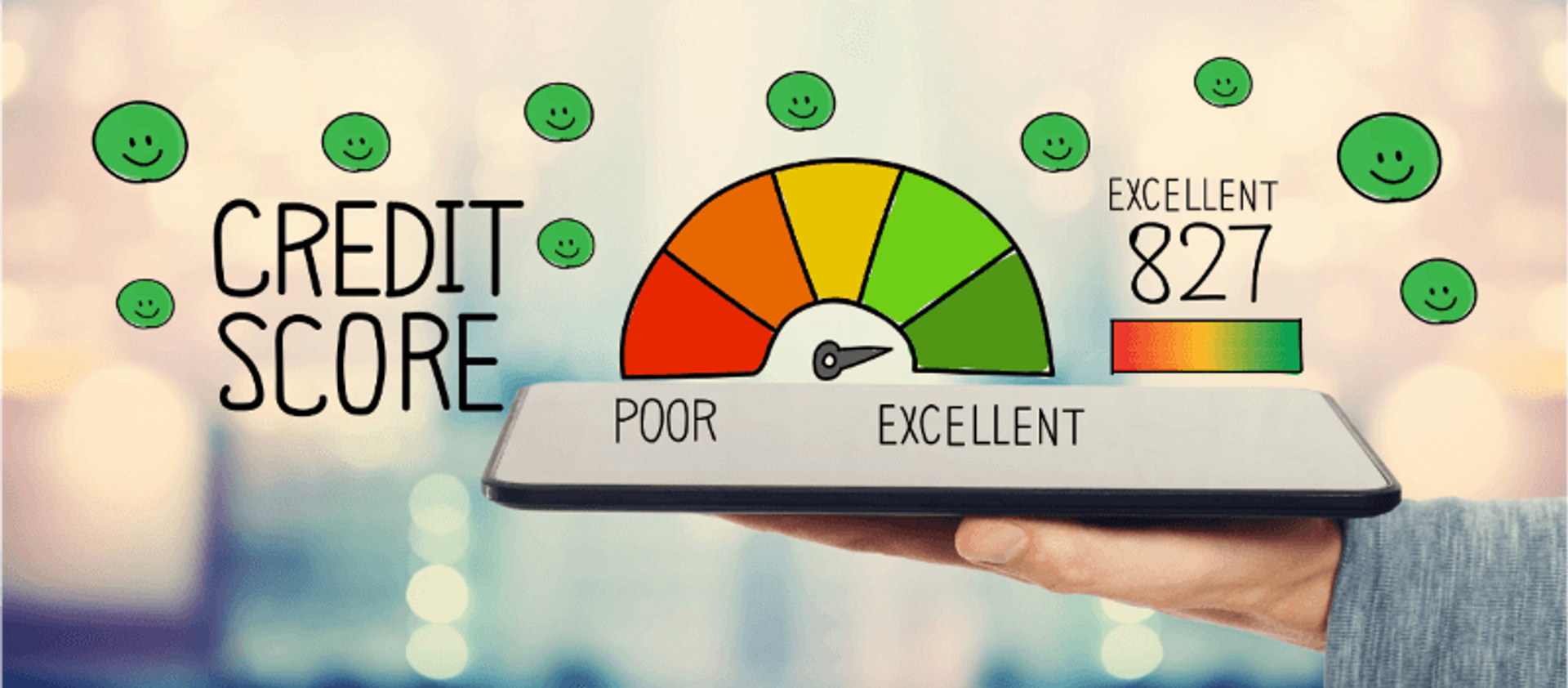What is a credit score?

Published: December 5th, 2021

Estimated reading time: 2 minutes.
A credit score is a three-digit number that evaluates an individual’s financial responsibility. It’s an important part of credit reports, which summarize the info on credit cards and loans you have opened in the past seven years.
Credit scores are calculated by looking at factors like how much credit you use, how long ago your accounts were opened, and whether or not your payments were late. A high credit score can get you lower interest rates on mortgages, car loans, and other types of debt.
You can improve your credit score by paying off old debts quickly, keeping your balances low on new credit cards, and avoiding opening multiple lines of credit in a short time. Monitoring your account activity can also alert you to any fraudulent activity so it can be resolved before serious damage occurs. If you don’t know what your credit score is, you can sign up and track it for free with credit karma.
What credit score should you have?
When it comes to credit scores, there are a lot of myths and misconceptions out there. You may have heard that you need a credit score of 800 or more to get the best interest rates on a mortgage or car loan. But that’s not always the case.
Your credit score is based on your credit history and credit utilization. That means the higher your credit score, the more likely you are to be approved for a loan and to get a lower interest rate.
Starting with a low credit score is completely normal, so don’t worry. However, it is important to be aware of your score and work on improving it, regardless of what it currently is.
How can you improve your credit score?
- Have credit cards and use them regularly – this will increase your credit utilization and thus, your credit score.
- Stay below 30% overall utilization as much as possible.
- Pay off your credit card debt every month. This will help keep your utilization ratio low and ensure that your credit score stays in good standing.
- Avoid opening new lines of credit and keep your accounts open for as long as possible.
- Monitor and stay on top of your credit report regularly to track progress.
Improving your credit score is possible by following these few simple guidelines. By paying off your credit card balances every month, monitoring old accounts, and not opening new lines of credit, you can increase your ability to get loans or mortgages at good rates. Monitoring your utilization ratio will help ensure that you’re doing everything you can to maintain a healthy financial future for yourself and your loved ones.
This article has given some great tips on what steps are necessary to improve the state of an individual’s credit rating. You owe it to yourself – if not anyone else – to take these suggestions seriously to make sure that they don’t find themselves forced into a tough situation down the line because their finances were mishandled from day one!
Disclosure: I may earn a small commission from some links if you make a purchase, at no cost to you. I'll only recommend things I genuinely like.